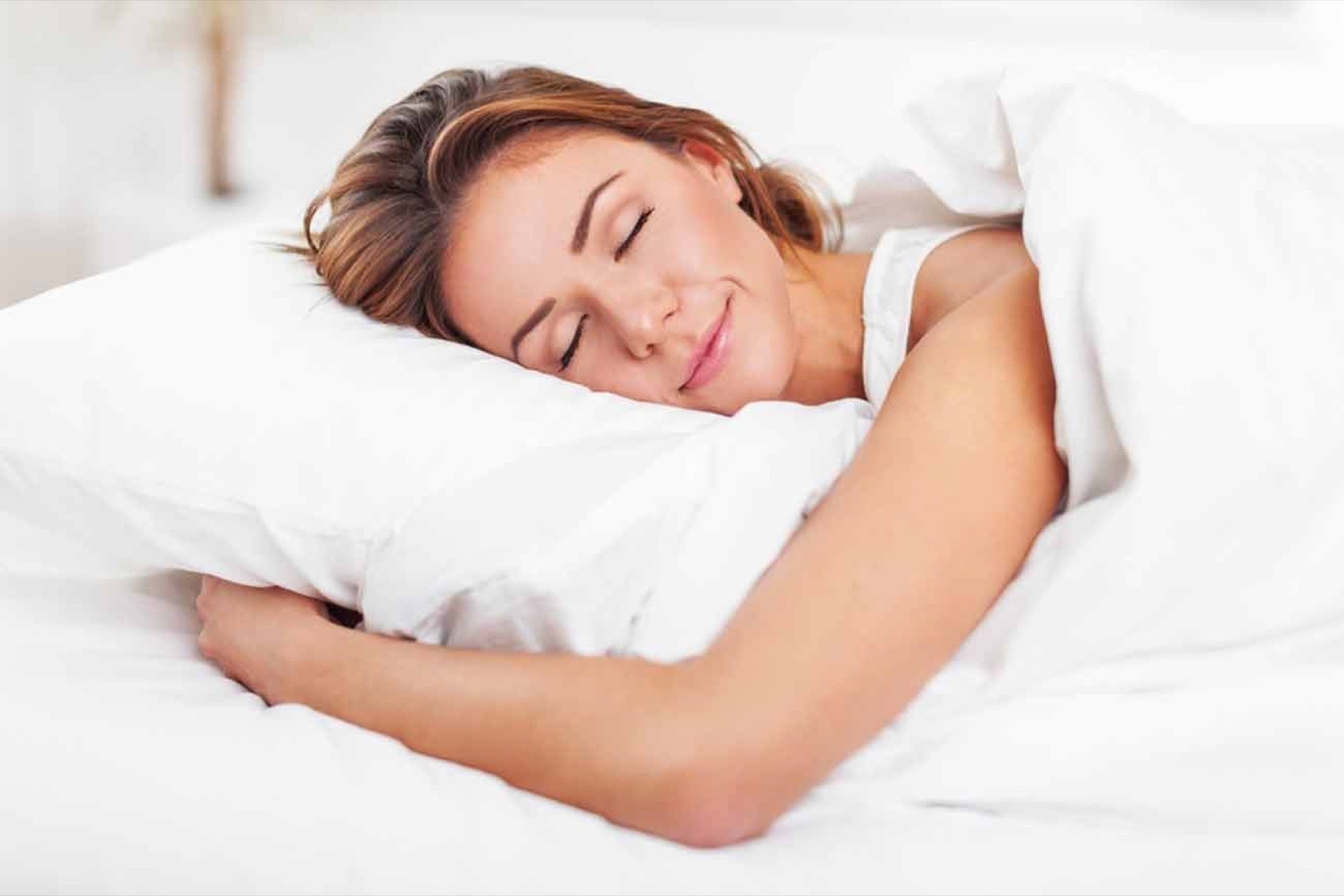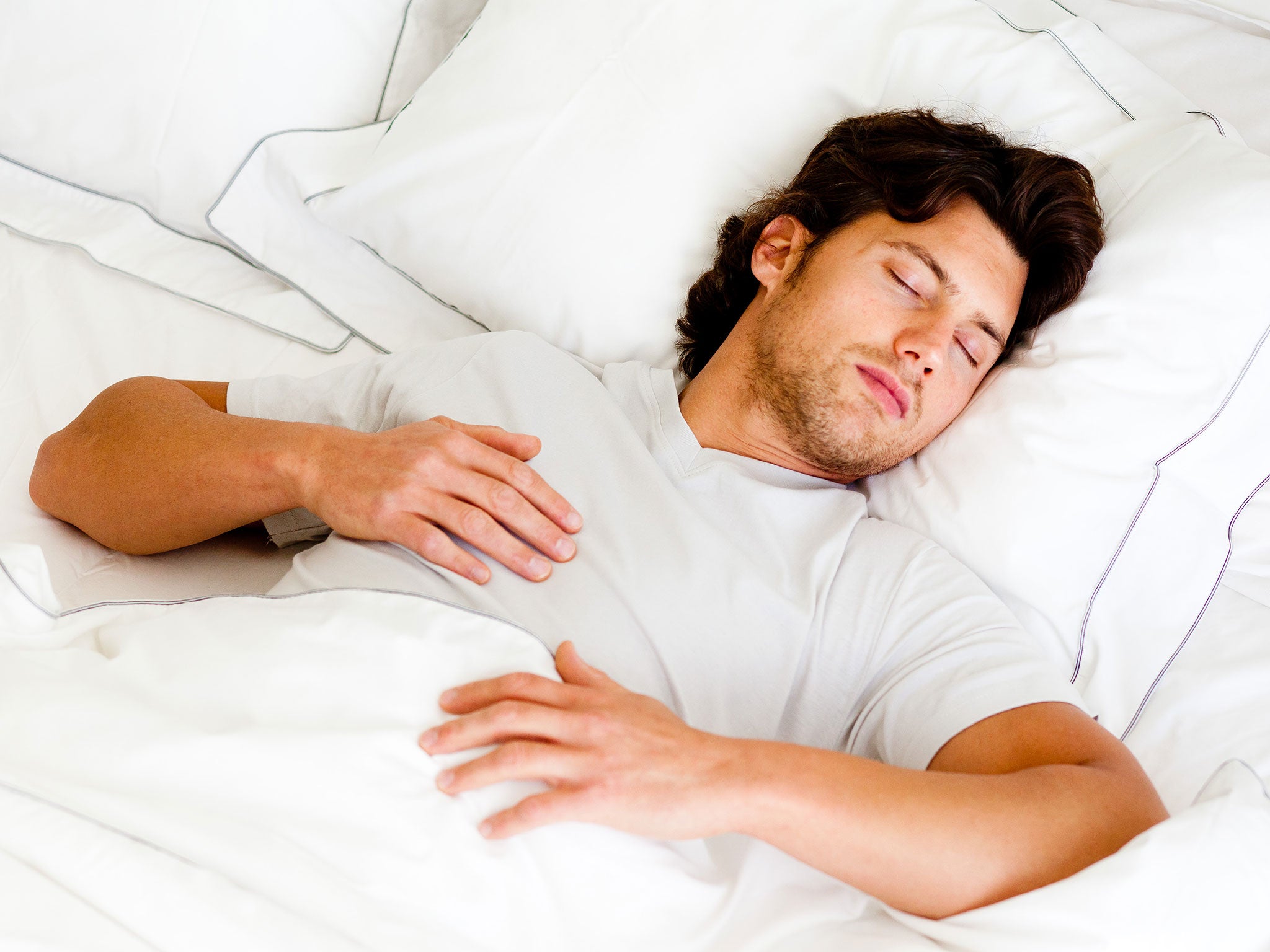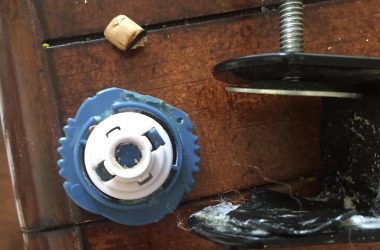If you’ve been diagnosed with obstructive sleep apnea (OSA), characterized by stoppages in breathing as you sleep, one of the treatments you may be offered is CPAP. The Continuous Positive Airway Pressure treatment is usually the first choice prescribed by many OSA specialists. While it is a successful way to treat OSA, many people have problems with continuing to use it. If you are also facing sleeping issues and have become an observer by trying various sleeping pills then may be its time to try cbd products. cbd oil for sleep can help you in getting a good sleep and keep your body and mind relaxed. Let us know more about the sleeping issues and its treatment
Because it requires a mask that fits over the mouth and nose each night while the OSA sufferer sleeps, there are several unwanted side-effects of using it. Many CPAP users report they can only tolerate it for four hours a night. Users complain of facial breakouts due to the straps, eye irritation, runny nose, dry mouth, and sore throats. Because the mask is hooked up to a machine by an attached hose, patients who are more comfortable sleeping on their stomachs may also have trouble. The noise coming from the machine is also problematic to many.

Alternatives
After being diagnosed with OSA, discussing your treatment options with a sleep apnea specialist or sleep apnea dentist is your best bet to avoiding CPAP. And there are several options available.
Oral Appliance Therapy
These are devices that are custom-fitted to minimize OSA and snoring (one of the symptoms of OSA). They are worn like an orthodontic appliance, or mouth guard, and keep the soft tissue from collapsing and blocking your airway. They are also designed to keep your tongue in place and out of the way of your throat. Devices such as SomnoMed MAS, Thornton Adjustable Positioner (TAP), and many more are highly successful in treating OSA.

Behavioral Therapy
Many patients with OSA may find that simply changing behaviors in their lifestyle can cut down or completely eliminate instances of sleep interruption. Individuals who smoke, consume alcohol on a regular basis, or are overweight may find that giving up these habits or losing weight will help. Improving your diet, avoiding certain antihistamines before bed, or putting a humidifier in your bedroom are also easy improvements.
Medication
Snoring is not necessarily an indication that you have OSA, but it is a symptom. There are herbal medicines that use natural plant enzymes or herbs to help eliminate snoring. These “anti-snoring pills” reduce congestion and swelling in the nose and throat. When you are able to breathe easier, you are less likely to snore or awake unable to breathe. Other medications include prescribed nose drops or sprays and aromatherapy.
Surgery
Though surgery should be the last resort in treating OSA, this may be the most beneficial treatment for some people. The goal of OSA surgery is to increase the size of the airway. This makes it easier for you to breathe as you sleep without interruption. Different surgical procedures include a tonsillectomy and adenoidectomy, tongue reduction surgery, or a tracheotomy in severe cases of OSA.











